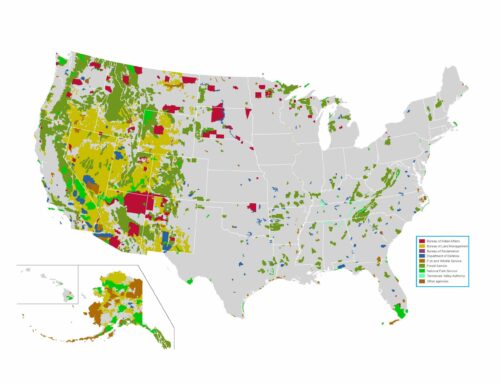by Greg Walcher, E&E Legal Senior Policy Fellow
As appearing in the Daily Sentinel
A landmark era of American politics passes into the history books, with Jimmy Carter under end-of-life hospice care, and with the May 27 death of James Watt. Theirs was a moment in time that deserves remembering.
Most of America’s essential environmental laws passed in the 1970s with relatively bipartisan support. Yet today, no environmental issue achieves such consensus. What changed that spirit of cooperation in common causes like clean air and water, energy independence or endangered species recovery? When did the environment become so divisive? The answer can only fully be understood in the context of two pivotal historic events: the Carter water project “hit list,” and James Watt’s appointment as Secretary of the Interior.
Just weeks after his 1977 inauguration, President Carter stunned the West by announcing what became known as his “hit list” of 32 water projects authorized by Congress that he wanted canceled, causing a political firestorm that divided East and West like never before.
The “hit list” included projects westerners had sought for decades, including the Central Arizona Project and several others already under construction, negotiated for 20 years, with compromises forged through long and bitter struggles. Congress rebelled, though Carter eventually prevailed on many projects (he wasn’t completely wrong about all of them). But the political divide it caused has never really healed.






